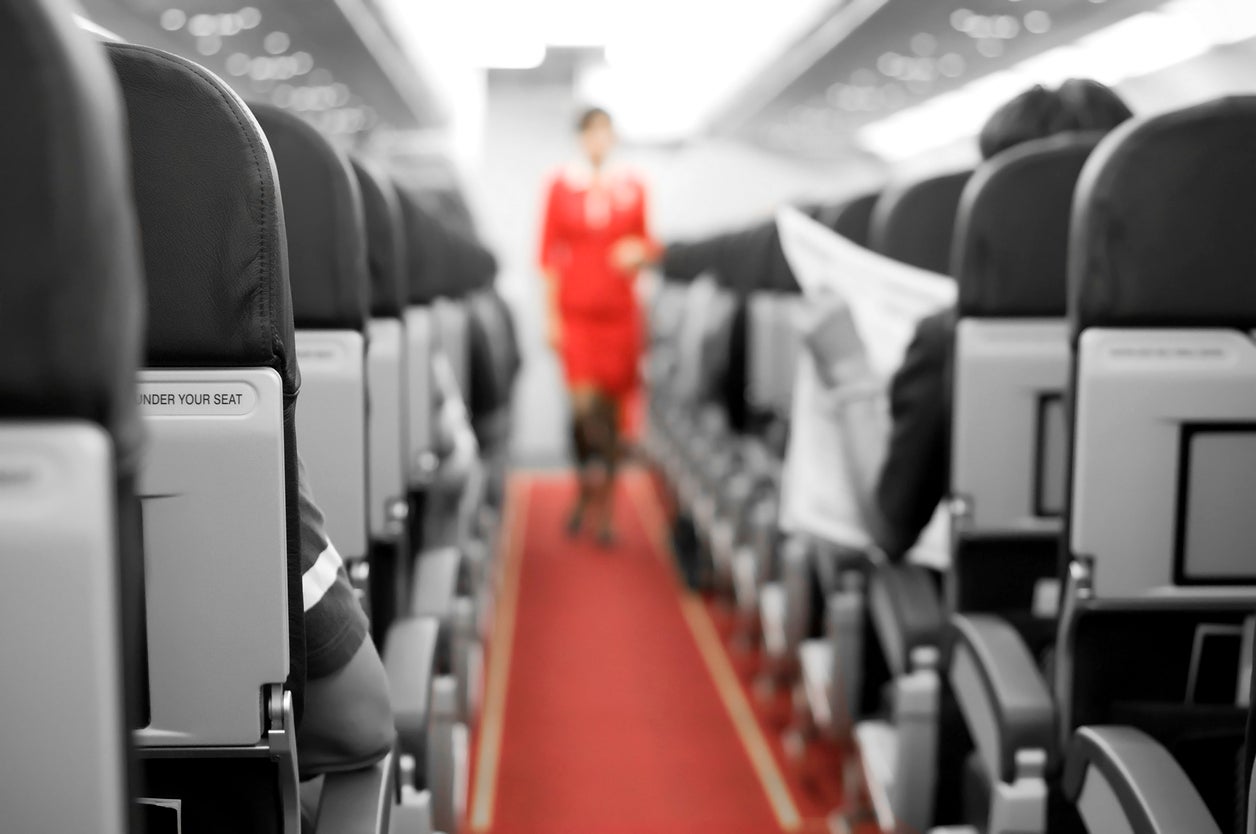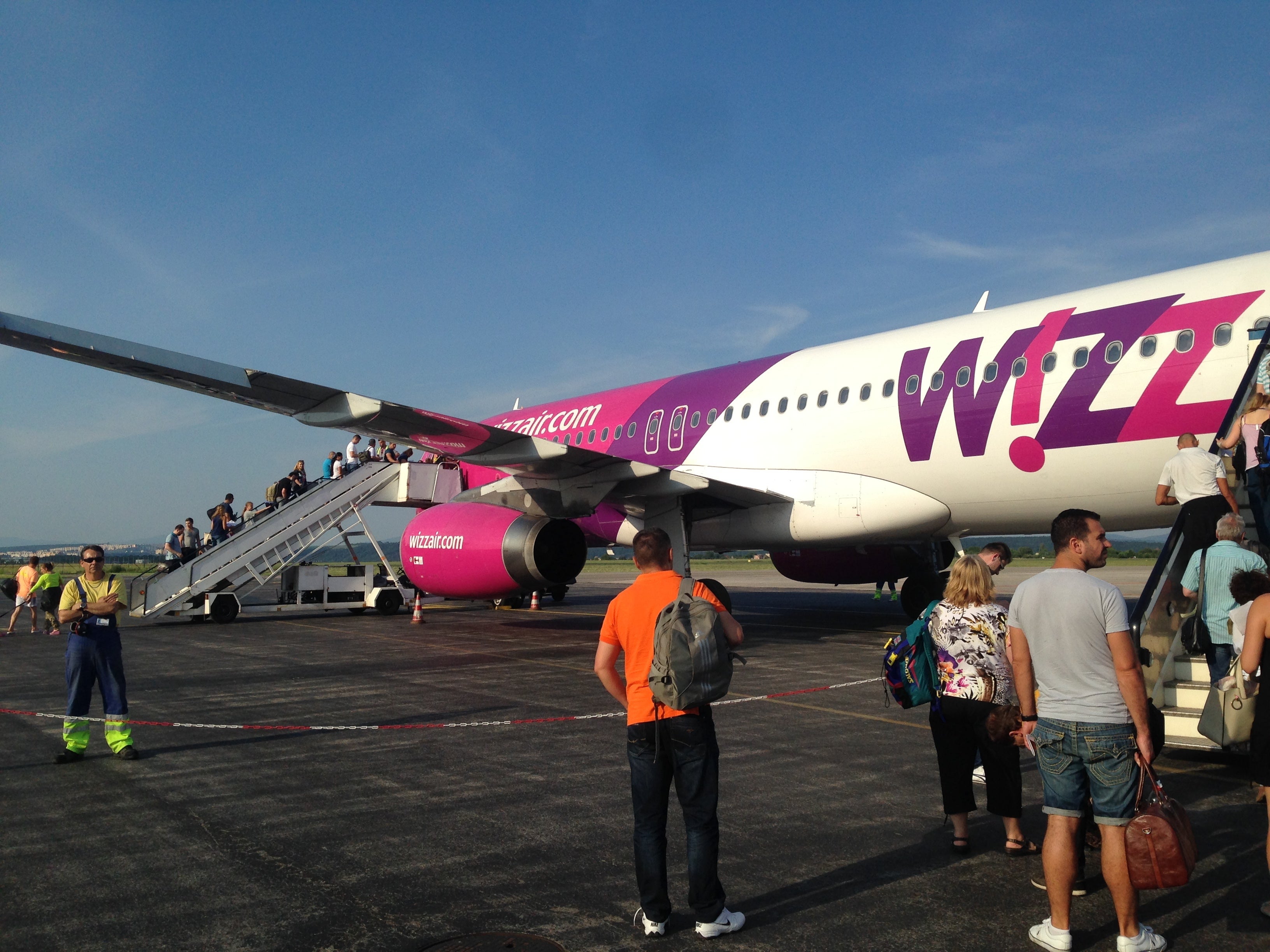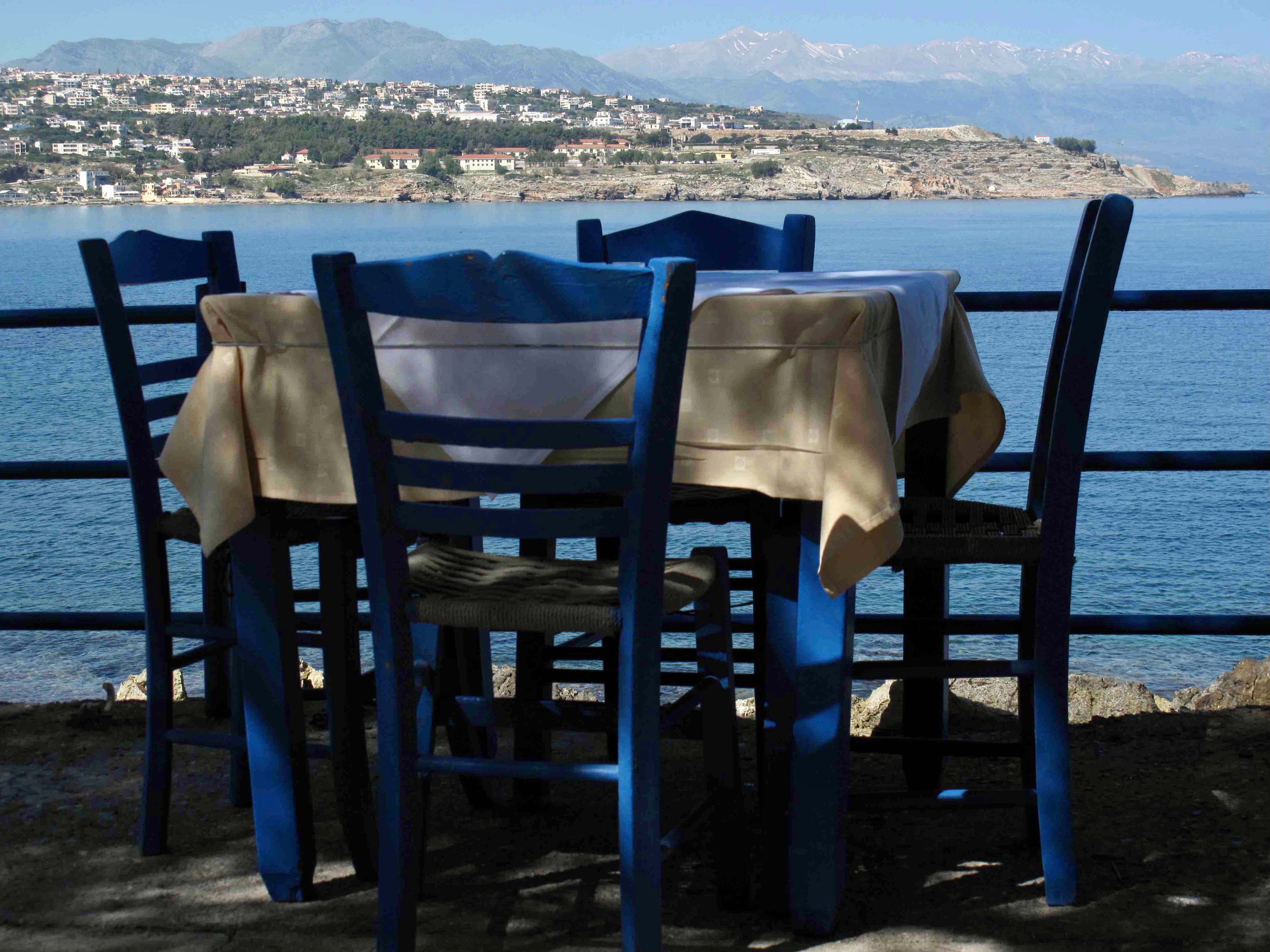Does aviation law stop special assistance passengers from having an exit row seat on a plane?
Simon Calder answers your quetions on emergency exits, free meals from airlines and Lufthansa refunds


Q If an airline passenger requires special assistance to get through the airport, is there any aviation law stopping someone from having an exit row seat on a plane?
“The Jellyfish”
A I am intrigued by your question. I can think of two reasons you might be asking it. The first is that you (or someone you are travelling with) requires special assistance and would, quite understandably, also like the extra legroom that comes with an emergency exit row. Conversely, you might be aware of a situation in which a specially assisted passenger was placed by an emergency exit.
Anyway, to answer: yes, aviation law certainly appears to preclude passengers needing special assistance from occupying an emergency exit seat.
Every civilian aircraft has a number of emergency exits, with sufficient space for passengers to access them – which is why there is extra legroom, and why no bags can be stowed under seats (in case they obstruct an evacuation).
Passengers occupying emergency rows comprise part of the safety regime on any flight. In the event that an emergency evacuation becomes necessary, they are expected to be able to open the door. This is a fairly strenuous task. They must then exit the aircraft via the slide that is deployed automatically, allowing others to follow quickly.
While cabin crew will assist if they can, this may not be possible – which is why passengers seated in exit rows are specially briefed and also asked if they are willing and able to help with an evacuation.
Because of the requirement to be fit and fully capable, the Civil Aviation Authority specifies a wide range of passengers “who should not be allocated, or directed to, seats by emergency exits”.
It’s a long list, starting with children and also covering people who may have difficulty in moving quickly because of age, sickness, size, disability or physical or mental impairment. In addition, passengers with “significant sight or hearing impairment to the extent that it might be difficult for them to respond to instructions quickly” cannot occupy exit rows.
Those exclusions correlate pretty closely with the kinds of travellers who need special assistance. Cabin crew are safety-focused professionals, and I trust them to identify anyone who should not be occupying an exit row – and deal with the issue discreetly.
Via the latest Ask Me Anything at independent.co.uk/travel

Q I was booked on Wizz Air from Luton to Lisbon on the evening of 22 June, departing at 6.30pm. The airline told me by email that departure was postponed to 8.40pm. Based on the table of entitlements they provided, I bought a meal and then submitted my receipt to claim back the cost. I was told that as the plane arrived 108 minutes late at Lisbon, I cannot get compensation. It sounds odd that delays should be measured relative to arrival time – which of course is impossible to know before departure. Is this wrong?
Albert O
A I can see the flight was eventually delayed in departure by two hours and three minutes, and arrived (as Wizz Air says) one hour 48 minutes late. When flights are expected to be delayed, European air passengers’ rights rules stipulate free “meals and refreshments in a reasonable relation to the waiting time”. This is purely calibrated on the delay in leaving, not arriving, and applies “when an operating air carrier reasonably expects a flight to be delayed beyond its scheduled time of departure”.
However, the time at which the entitlement to food and drink kicks in depends on the length of the flight. The two-hour rule applies only to flights below 1,500km, which would cover Luton-Porto (1,340km) but not Luton-Lisbon (1,605km). For flights of between 1,500 and 3,500km it’s a three-hour wait. I am not sure why an airline would want to tell passengers that they are entitled to a sandwich and a cup of tea when they are not; I imagine there may have been some confusion here.
If you can provide evidence that Wizz Air informed you it was obliged to pay for your sustenance, then you can continue a claim. Personally, I wouldn’t bother: since there is no definition of what constitutes a “reasonable” allowance, airlines could limit the sum to around £5 – which won’t buy much in an airport.
Finally, to explain why Wizz Air might focus on the arrival time: this is the metric for deciding if cash compensation is payable. Anything above three hours late and an airline must pay out for the delay, unless it can claim “extraordinary circumstances” were responsible. Anyway, after the annoying hold-up I hope the rest of your trip went well.

Q My return flight from Heraklion to London scheduled for 27 August got cancelled by Lufthansa. I have not been given a reason why. The alternative flight is now scheduled for 30 August. No compensation for additional accommodation costs has been offered. What do I do?
“Goldfish 1”
A Sorry to hear it. You have made an interesting choice of airline to travel between Crete and the UK. This difficult summer, with so much disruption to flights, it is increasingly clear that any itinerary that requires a change of plane is especially susceptible to being messed around. (Also, a connection in Frankfurt, Munich or any other airport sharply increases the chance of checked luggage going astray.)
Having said that, the strong view of the CAA is that you should be offered a flight on the same day on any airline that has seats available. While none on 27 August will get you to Heathrow (where I presume you were heading), easyJet can fly you to Gatwick, Jet2 to Stansted and Wizz Air to Luton. In theory, at least according to the CAA, Lufthansa should discuss with you which option suits you best and then pay for the ticket. However, with a flight originating in Greece on a German airline, it could be tricky to press home this view – if you are going to try, it will be greatly to your advantage if the trip on Lufthansa began in the UK.
It may be, of course, that you are not unhappy about extending your trip by three days and taking the rescheduled itinerary you have been offered. But in that case, Lufthansa must certainly provide accommodation for you – or confirm that it will pay for a room that you source for yourself.
In any event, do ask for €400 (£340) in compensation for the disarray, as stipulated under European air passengers’ rights rules; it is down to Lufthansa to prove why it is not liable to pay out.
Email your question to s@hols.tv or tweet @simoncalder






Join our commenting forum
Join thought-provoking conversations, follow other Independent readers and see their replies
Comments